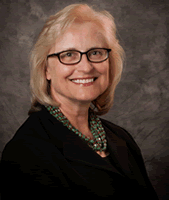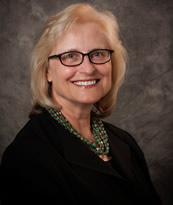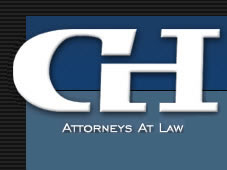Many banks need to add new board members because some are reaching a mandatory retirement age or because others who agreed to stay through the financial crisis now want to rotate off the board. Banks need to keep in mind that they will be under close scrutiny by any prospective candidate who will be conducting due diligence on the bank at the same time the bank is conducting due diligence on the candidate. In order to ensure your bank can attract top candidates for board positions, consider the following before beginning the recruiting process:
(1) Needs assessment: The board of directors should conduct a needs assessment to identify which qualities and skills in new board members would augment the skill set of the current board.
- Does the board need someone with steep knowledge of banking, such as a former banker or regulator?
- Is the board lacking knowledge of a particular product or service being offered by the bank?
- Does the board need a local community leader?
Identifying the knowledge and skills the board needs is critical to ensuring a satisfactory recruiting process.
(2) Corporate Governance: While all potential board members will likely inquire first about the amount of the bank's Directors & Officers Liability Insurance coverage, the more knowledgeable candidates regarding banking will also inquire about the corporate governance practices, i.e. the manner in which the bank is overseen by the board of directors. The board should determine how answers to the following questions would affect the recruiting process:
- Does the bank have an outside, non-executive, chairman of the board?
- What is the composition of the board by gender, skill set, and number of outside directors?
- How are agenda items gathered for board meetings?
- Is there dialog between board members at the meetings or do board meetings consist only of presentations made by management?
- Is there an executive session at each board meeting?
- On which committees would a new board member sit? How are the agendas for committee meetings set? What are the duties of each committee?
- How and when do board members receive information for the board meetings? Does the bank make it easy or difficult for board members to obtain information to make informed decisions? For example, do board members access board packages via a secure portal on the internet a week prior to the board meetings or is access to information made difficult by requiring board members to go to the bank to read the board packages?
(3) Board Training: New board members need to make informed decisions from their first meeting, so how they get up to speed on the issues facing the bank is important.
- Is there an orientation session, complete with an orientation manual?
- Is there training for new board members on the banking industry in general?
- What kind of ongoing training is available to board members?
(4) Strategic Planning: The OCC's Semiannual Risk Perspective for Spring 2014 states that "strategic risk remains high for many banks."
- Does the bank have a strategic plan and how often is it reviewed by the board?
- What strategic planning process is in place and how involved is the board?
(5) Board Assessments and Peer Evaluations: Board assessments and peer evaluations are part of good corporate governance.
- Has the board completed a board assessment, which is an evaluation of how well the board is overseeing the operations of the bank? If so, what are the areas that have been identified for improvement?
- Has the board performed peer evaluations, which are evaluations of each individual director's performance on the board? If so, what type of assistance is given to directors in need of improvement?
There is no better time to get your house in order than when guests are due to arrive, and likewise, reviewing these five topics, and perhaps making some adjustments ahead of the search process, will pay dividends in attracting new board members.











